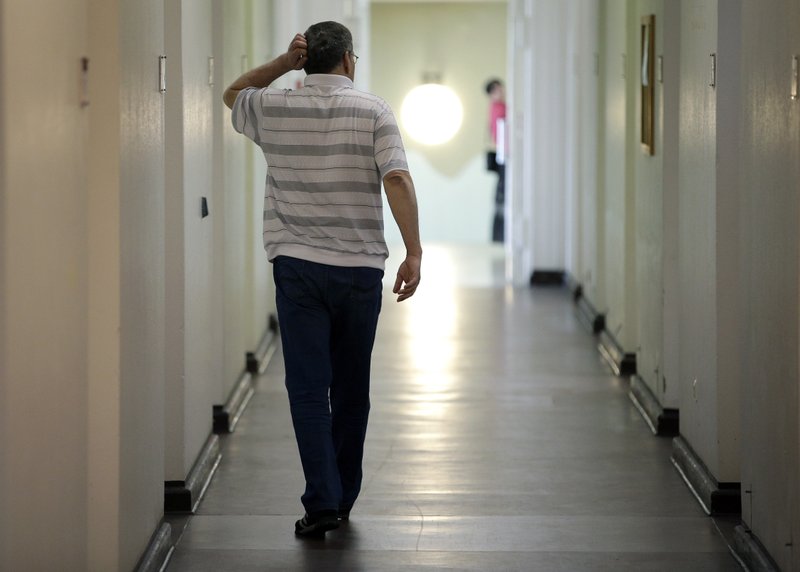BERLIN -- Afghans seeking asylum in Germany find themselves stranded by Chancellor Angela Merkel's new strategy to help the country manage its influx of migrants.
Syrians and Iraqis have their asylum cases streamlined and get access to integration courses. Migrants from countries such as the Balkans are being deported more quickly.
In the middle are the Afghans, who have a good chance of being allowed to stay but are being urged to return home -- or to never make the trip to Germany at all.
Interior Minister Thomas de Maiziere has said that "people who come from Afghanistan cannot expect that they will be able to stay," and the government regularly emphasizes that fewer than 50 percent of Afghans' asylum applications are granted.
But the reality is different.
The German government factors in not only asylum rejections but also so-called "formal decisions" -- in which an applicant isn't refused on the merits of his case but for other reasons such as because another European country is responsible for the asylum application, or because the migrant left Germany on their own or married a German. Looking at adjusted figures that remove the formal decisions, closer to 80 percent of Afghans are granted protection, according to Pro Asyl, Germany's main immigration-rights organization.
"Many of them have been in a panic even though we tried to convince them that their chances are relatively high here," said Bernd Mesovic, deputy head of Pro Asyl. "What the German government is doing now is a policy of discouragement with its trash talk about Afghans."
The policy of trying to get migrants to go home voluntarily is critical because deportations can take many months when factoring in the time it takes to apply for asylum, wait for a decision, then go through the appeals process.
Germany's 1.1 million arrivals in 2015 included 428,468 Syrians, 154,046 Afghans and 121,622 Iraqis, though the government acknowledges the system sometimes counts the same person more than once.
Deportations are rising -- twice as many people were deported from Germany in 2015 as in 2014 -- but it still only amounted to 20,888 people last year. Of those, most were sent back to the Balkans; only nine people were deported to Afghanistan in 2015, and two to Iraq. Nobody was deported to Syria.
The policy of discouragement, however, has met with better success.
In 2015, 37,220 people returned home voluntarily, primarily to the Balkans, while the flow of migrants from those nations has slowed to a trickle. In that year, Albania and Kosovo were in the top five countries of origin for migrants after Syria, Afghanistan and Iraq, but in the latest figures from April they're not even in the top 10.
For Afghans, however, the rhetoric to stay home seems to have had little effect. After committing thousands of troops and hundreds of millions of euros for more than a decade to help stabilize Afghanistan, Berlin maintains that there are safe areas in the country, though Afghans disagree.
Syrians and Iraqis who qualify for fast-track acceptance are happy with the system. Mouaz Abdullah Ibrahim, a 50-year-old Iraqi who fled Baiji last year because of fierce fighting between government forces and Islamic State extremists, now lives in Wilmersdorf, Germany. His family has already started classes. His three eldest sons have even gotten work internships while his youngest is attending school.
"For us the system is OK here," he said. "We're certain that the German government will treat us well -- if we didn't think that, we wouldn't have come."
Information for this article was contributed by Rahim Faiez of The Associated Press.
A Section on 05/30/2016

